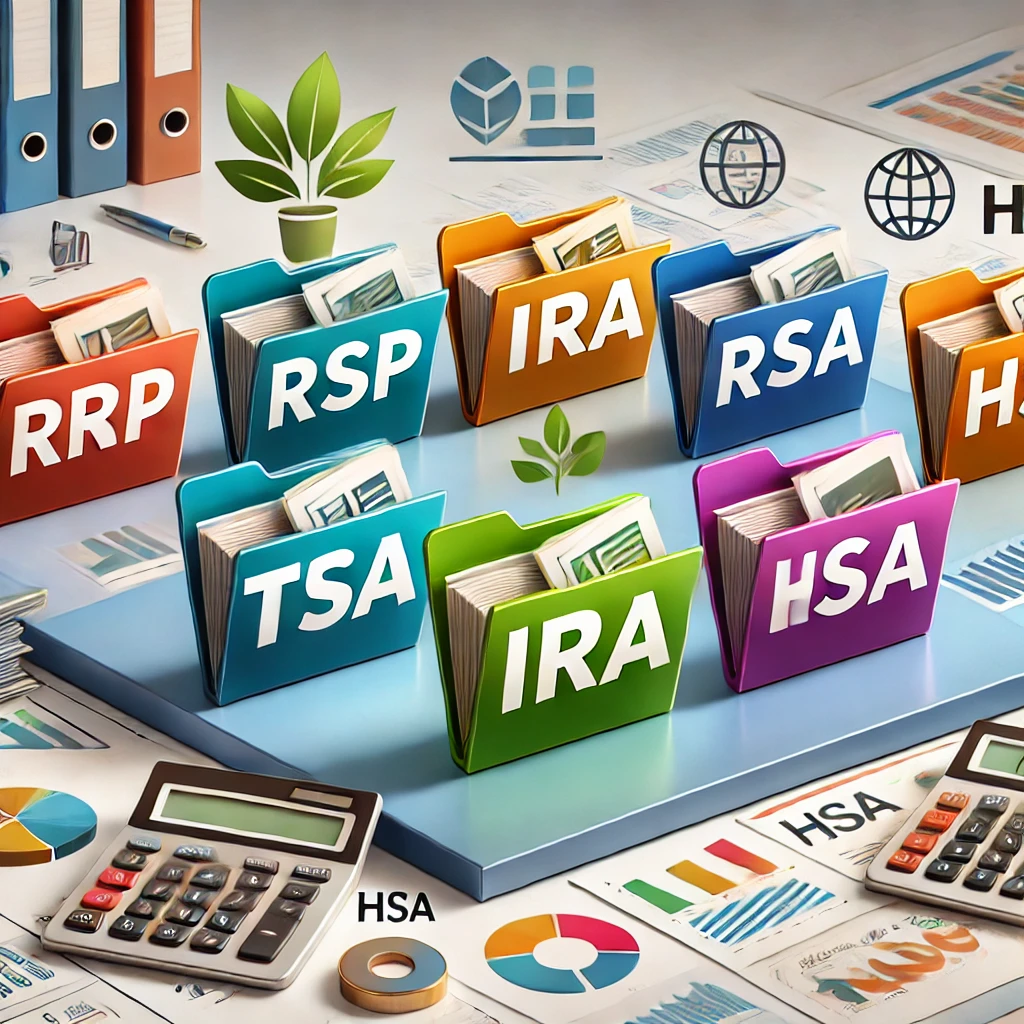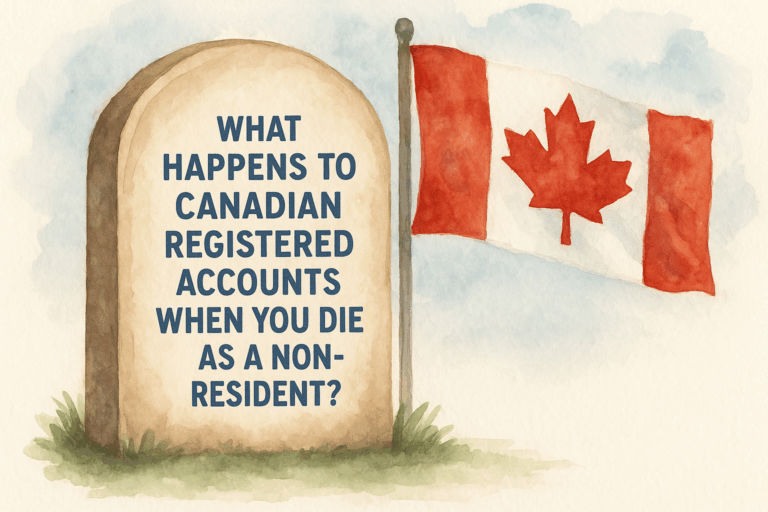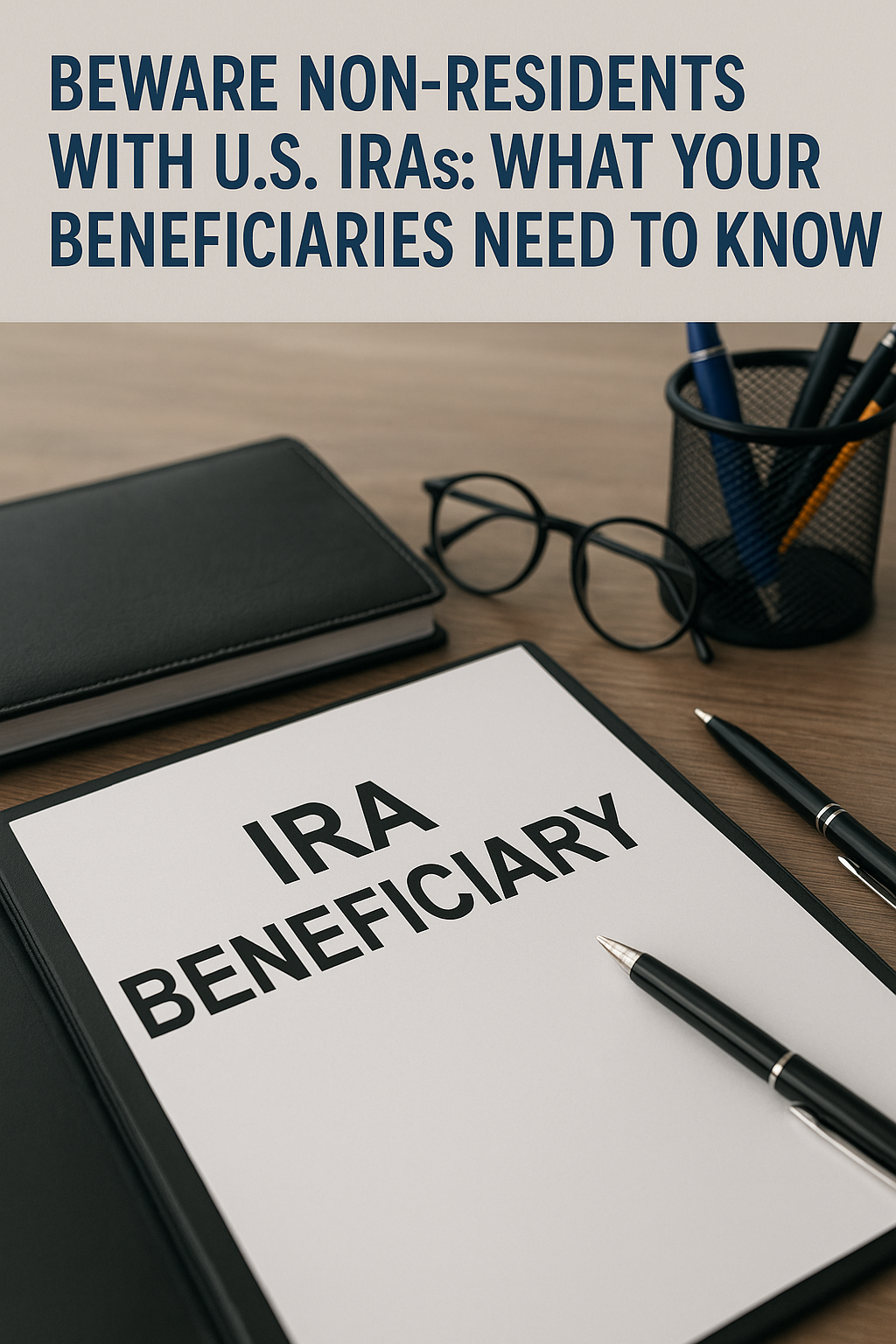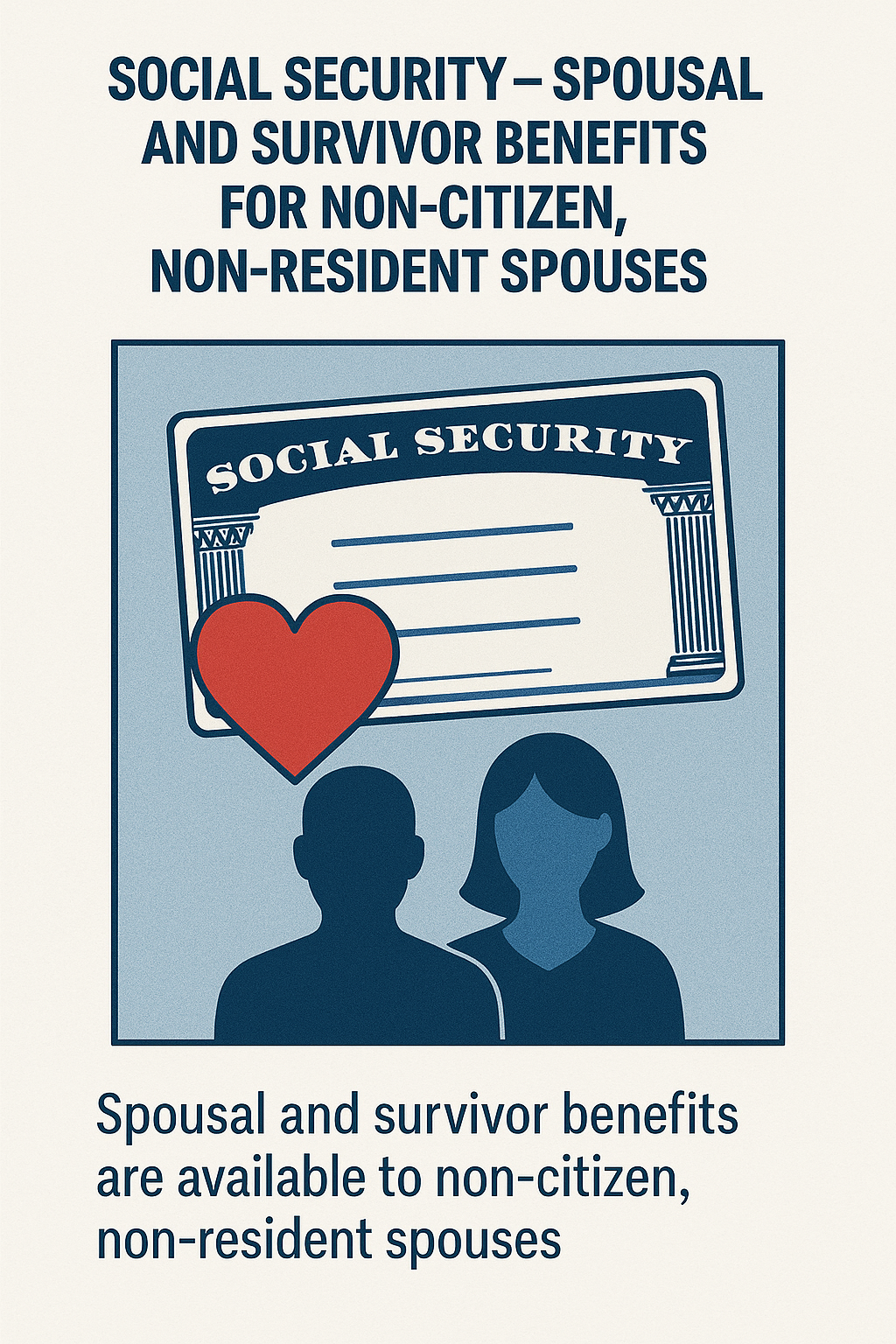 alt="Cross-Border vs Traditional Advisors: Best Key Differences" width="1024" height="1024" />
alt="Cross-Border vs Traditional Advisors: Best Key Differences" width="1024" height="1024" />Cross-Border vs Traditional Advisors: Best Key Differences
Managing your money can be difficult—especially if you are a dual citizen of Canada and the U.S., or if you’re planning to move between the two countries. Financial rules change from one country to another, and things like taxes, retirement plans, and investments can quickly become confusing.
This is where understanding Cross-Border vs Traditional Advisors: Key Differences becomes important.
What Makes Cross-Border Advisors Different?
A traditional financial advisor usually focuses on clients who live and work in just one country. They understand the local tax system, investment rules, and retirement plans for that specific country. But when your life or finances involve more than one country, a traditional advisor may not have the experience to help with your full situation.
In contrast, a cross-border advisor specializes in helping people who have financial ties to both the U.S. and Canada. This includes dual citizens, expats, or anyone planning to move between the two countries.
The Role of a Cross-Border Advisor
A cross border advisor must be an expert in both Canadian and U.S. financial systems, including taxation, investments, retirement planning, and estate planning.
They must understand not just the individual rules in each country but also how they interact, often governed by critical agreements like the Canada-U.S. Tax Treaty and the Social Security Totalization Agreement.
When looking at Cross-Border vs Traditional Advisors, one major difference is their area of focus. Traditional or domestic-only advisors in Canada or the U.S. usually only understand the rules of their own country.
Even if they are well-qualified and hold a designation like CFP® in one country, it’s rare to find someone with the same certifications and experience in both countries. Because of this, they may miss important details or opportunities when handling cross-border financial situations.
Key Areas Where Cross-Border Advisors Excel
1. Taxation of Accounts and Income Sources
A key difference in the debate of Cross-Border vs Traditional Advisors is their knowledge of taxes. Cross-border advisors need to fully understand how different accounts and income sources are taxed in both Canada and the U.S. This is very important because tax rules can change a lot when you move across the 49th Parallel.
A cross-border advisor knows how to handle these changes and can guide you in the right direction to avoid costly tax surprises. A cross-border advisor knows:
-
- Which accounts are covered by the Canada-U.S. Tax Treaty and how the treaty governs their taxation.
-
- How different forms of income—such as pensions, retirement accounts, and investment income—are taxed in both countries.
-
- How to minimize double taxation through proper tax planning strategies.
For example, certain Canadian accounts like Tax-Free Savings Accounts (TFSAs) and Registered Education Savings Plans (RESPs) are treated differently under U.S. tax law and may require special reporting. A domestic-only advisor may not be aware of these nuances.
 alt="Taxation of Accounts and Income Sources" />
alt="Taxation of Accounts and Income Sources" />2. Retirement Planning and Cross-Border Pensions
A key difference in the debate of Cross-Border vs Traditional Advisors is that Retirement planning across borders requires careful coordination of Social Security, Canada Pension Plan (CPP), and Old Age Security (OAS). A cross-border advisor must know:
-
- How the Social Security Totalization Agreement helps clients qualify for Social Security and Old Age Security when they have not lived or worked in the country long enough to qualify under the traditional method.
-
- How to optimize the timing and sourcing of retirement income from both countries.
-
- How cross-border moves impact the taxation of Registered Retirement Savings Plans both federally and amongst the states.
-
- The proper Treaty tax withholding rate for different types of income.
When comparing Cross-Border vs Traditional Advisors, this knowledge makes a big difference. Without it, clients could miss out on valuable tax benefits or face unexpected tax bills. A cross-border advisor helps you avoid these mistakes by planning the right way for both countries.
3. Estate Planning and Cross Border Coordination
A key difference in the debate of Cross-Border vs Traditional Advisors is that Estate planning is one of the most important areas where cross-border knowledge is a must. This is where you’ll see some of the Cross-Border vs Traditional Advisors: Best Key Differences. The estate and tax laws in Canada are very different from those in the U.S. If you have assets or family in both countries, planning your estate can get complicated. A cross-border advisor understands the legal rules in both countries and can help you avoid mistakes, reduce taxes, and make sure your wishes are followed properly.
-
- Understand the estate tax laws in both countries and how they interact.
-
- Help coordinate with domestic estate planning attorneys to avoid conflicts and ensure the client’s wishes are honored.
-
- Guide clients on avoiding probate in multiple jurisdictions or double taxation on the same asset.
-
- One key difference in Cross-Border vs Traditional Advisors is the ability to create estate plans that follow both Canadian and U.S. laws. A cross-border advisor can help you build a plan that meets legal rules in both countries and protects your assets.
-
- Help structure the ownership of assets in the most beneficial way.
Not planning for cross-border issues can cause serious problems. It may lead to costly delays, double taxation, and outcomes that you never intended for your family. This shows one of the Cross-Border vs Traditional Advisors—only a cross-border advisor understands how to avoid these risks and protect your estate across both countries.
4. Investment Management for Cross Border Clients
A key difference in the debate of Cross-Border vs Traditional Advisors is that one of the biggest challenges in managing money across countries is investment management. This is where Cross-Border vs Traditional Advisors: Best Key Differences really matter. A traditional, domestic-only advisor is usually not allowed to help clients who live in another country. That’s because financial advisors must be licensed in the country where the client lives and where the investment account is held.
For example, a U.S. advisor cannot legally manage a Canadian RRSP, and a Canadian advisor cannot manage a U.S. retirement account. A cross-border advisor, on the other hand, understands these rules and is properly licensed to help clients with investments in both countries.
A competent cross-border advisor will:
-
- Know the investment landscape of both countries: Including knowledge of available funds, relative costs, local economic conditions, trading capabilities and restrictions, and dealing with custodians in two countries.
-
- Navigate currency exchange risk: Mitigate the impact of fluctuating exchange rates on your investments.
-
- Handle PFICs (Passive Foreign Investment Companies): Help avoid punitive U.S. tax treatment on certain Canadian mutual funds and ETFs.
-
- Coordinate portfolio with tax planning: Ensure investment holdings and the types of income produced don’t cause negative tax consequences when cross-border tax planning is involved.
-
- Comply with tax and foreign asset reporting requirements: Ensure full compliance with U.S. and Canadian tax laws, including FBAR (Foreign Bank Account Reporting) and Form 8938 for U.S. taxpayers, and Form T1135 for Canadians.
One of the Cross-Border vs Traditional Advisors: Best Key Differences is how they handle investment planning. A cross-border advisor helps you create an investment strategy that follows the rules in both countries. They also make sure your plan is tax-efficient, so you can grow your money without running into legal or tax problems.
Real Experience Matters
When it comes to managing money across two countries, basic knowledge or a certification isn’t enough. Cross-border financial planning is complex and requires real-world experience. This is one of the most important points when looking at Cross-Border vs Traditional Advisors: Best Key Differences.
A traditional advisor may not have dealt with the unique situations that come with cross-border finances. But an experienced cross-border advisor has helped many clients in similar situations and knows how to create the right strategy for each person’s needs.
When you manage finances across both Canada and the U.S., consulting a cross-border financial advisor becomes essential. The expertise they offer in areas like investment management, tax planning, retirement income optimization, and estate planning is vital. This specialized knowledge helps you achieve your financial objectives while avoiding unexpected pitfalls.
Consider the following key areas where a cross-border advisor can provide value:
-
- Investment Management: Tailoring portfolios to align with both U.S. and Canadian regulations.
-
- Tax Planning: Ensuring compliance with differing tax laws to minimize liabilities.
-
- Retirement Strategy: Optimizing income from various sources across borders.
-
- Estate Planning: Addressing cross-border inheritance and tax implications.
Before making significant financial decisions, it is crucial to confirm that your advisor possesses the necessary cross-border expertise to protect your financial future.
Frequently Asked Questions
What qualifications should a cross-border financial advisor have?
We recognize that a cross-border financial advisor requires specialized training and education. Typically, these advisors hold certifications such as Certified Financial Planner (CFP) or Chartered Financial Analyst (CFA). Additionally, familiarity with international laws and tax treaties is crucial. Advisors should also demonstrate experience in navigating complex financial situations that span multiple countries.
How does managing wealth across borders differ from handling it in one country?
Cross-border wealth management involves unique challenges that domestic wealth management does not face. We encounter various legal systems, tax rules, and financial products that differ from country to country. This complexity means we must consider factors such as currency exchange rates, international investment regulations, and the effects of different tax jurisdictions on our clients’ portfolios.
What laws and rules govern international financial advice?
In our practice, we must be aware of both local and international regulations that affect financial advisory services. This often includes compliance with Anti-Money Laundering (AML) laws, Know Your Customer (KYC) requirements, and the regulations laid out by bodies like the Financial Industry Regulatory Authority (FINRA) in the U.S. and similar organizations in other countries. Understanding these rules helps us maintain ethical and legal standards in our work.
How do cross-border advisors manage tax responsibilities for clients subject to multiple jurisdictions?
We navigate complex tax implications by staying informed about tax laws in each country where our clients have financial interests. We often work with legal and tax professionals to ensure our clients remain compliant with their obligations. We also help clients to understand the potential benefits or drawbacks of tax treaties between countries that may affect their financial situation.
What influence do financial laws have on U.S.-Canada cross-border advisors?
For those of us operating between the U.S. and Canada, we face specific challenges due to differing financial regulations. This includes adhering to the U.S. tax code and the Canadian Income Tax Act. We must also be aware of specific cross-border investment options that comply with both nations’ regulations. This knowledge ensures we can provide our clients with sound advice that conforms to the law in both jurisdictions.
What important factors must a cross-border financial advisor keep in mind?
When providing advice to clients from different countries, we must consider multiple elements. These can include:
-
- Cultural differences: Understanding how financial priorities may vary between cultures.
-
- Tax implications: Assessing how dual residency affects our clients’ taxes.
-
- Investment strategy: Tailoring investment options to accommodate diverse legal frameworks and benefits.
-
- Regulatory compliance: Ensuring all advice and strategies adhere to relevant regulations in both jurisdictions.
These factors shape the personalized strategies we develop to meet our clients’ financial goals effectively.




